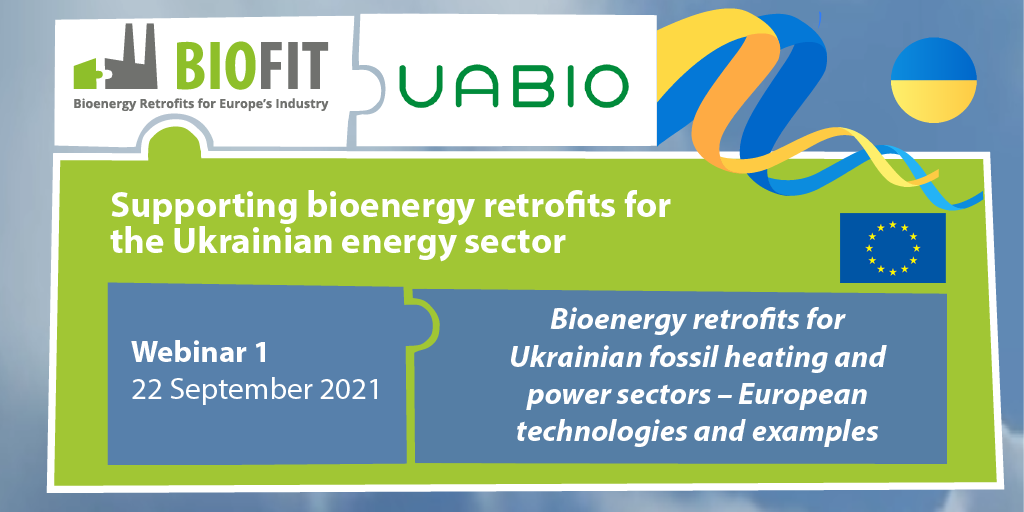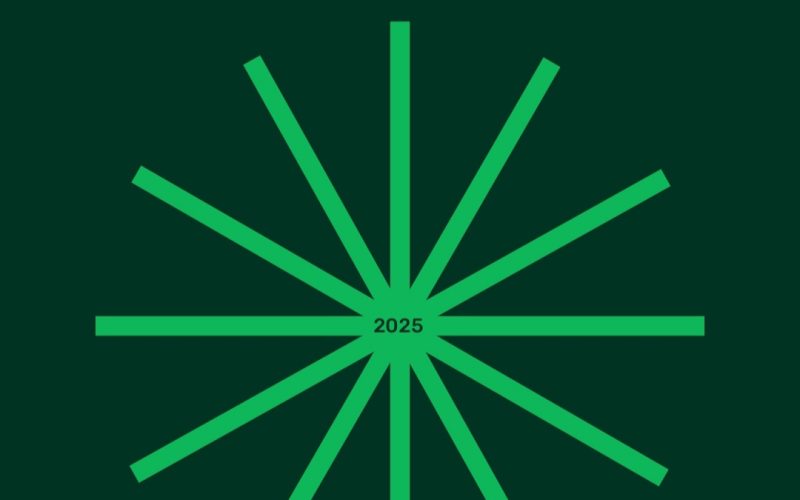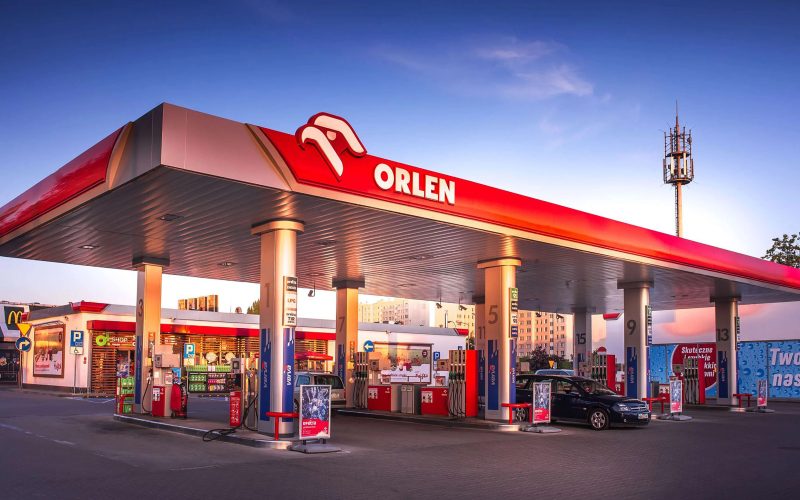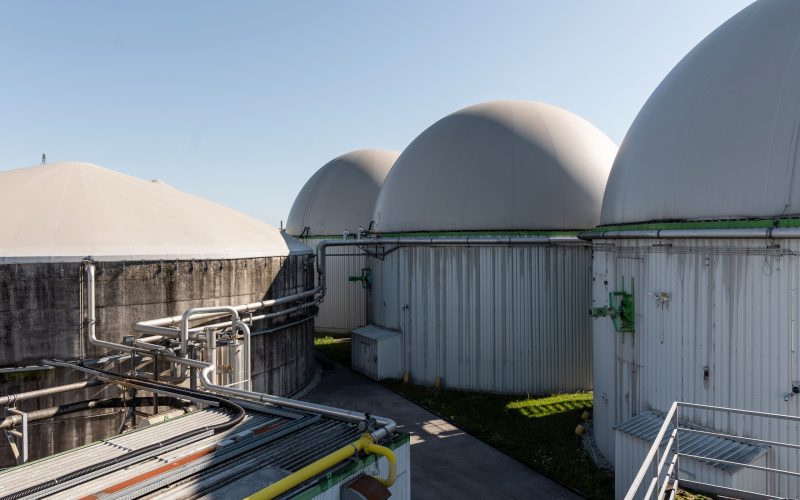Materials of webinar “Bioenergy retrofits for Ukrainian fossil heating and power sectors – European technologies and examples”
On September 22, 2021, the Bioenergy Association of Ukraine together with the BIOFIT project held the first online webinar “Bioenergy retrofits for Ukrainian fossil heating and power sectors – European technologies and examples” from the series of webinars “Supporting bioenergy retrofitting of the energy sector of Ukraine”. The main goal of the webinar series is to promote cooperation and exchange between European industry and private sector players with stakeholders from research, industry, and the public sector in Ukraine regarding increasing uptake of bioenergy.
The event was attended by 117 participants from various categories of stakeholders: representatives of the Ministry of Energy of Ukraine, State Agency on Energy Efficiency and Energy Saving of Ukraine, local governments, local state administrations, representatives of local communities, business, research institutions and other.

The overall aim of the BIOFIT project is to facilitate the introduction of bioenergy retrofitting in the following five industry sectors: first-generation biofuels, pulp, and paper, fossil refineries, fossil-firing power, fossil power, heat, and CHP plants.
During the webinar, seven speakers shared their experience and knowledge with the Ukrainian audience to support Ukraine’s power and heat sector towards bioenergy retrofitting. Manolis Karampinis (Research Associate, Centre for Research and Technology Hellas – CERTH) briefly introduced the BIOFIT project, its activities and outputs and explained how fossil fuel phase-outs in the EU power and heat sectors may provide opportunities for bioenergy retrofits.
Georgii Geletukha (Head of Board, Bioenergy Association of Ukraine – UABIO) presented the current status of the energy supply and generation in the Ukrainian sectors and emphasized that the large untapped national potential of biomass (mostly agrobiomass) is in locations close to the existing coal and gas thermal plants, something that could support bioenergy retrofits provided that an enabling policy framework is adopted.
Björn Forsberg (CEO & Global Market Manager, WTS AB Powder Burners) gave a detailed technical overview of the wood powder combustion technology, which can be used to replace coal, gas or oil in steam and hot water boiler, as well as present the experience of a CHP plant in Poland that was capable of fully substituting coal through the installation of wood powder burners. Johanna Lindén (CEO, Petro Bio AB) presented the cases of a diverge portfolio of clients – a paper mill, a DH plant, a large laundry and a Waste-to-Energy plant – that were capable of substituting their fossil fuel consumptions with renewable biomass burned in the form of powder or bio-oil.
Following a short break, Preben Messerschmidt (Project Director, Power, Ramboll) explained how a conversion to biomass can be a viable, well-proven alternative for large-scale coal plants that would be otherwise decommissioned and discussed several technical challenges from the fuel switch as well as possible solutions. Joonas Hämäläinen (Sales Manager, Rebuilds and Conversions, Valmet) focused on the Bubbling Fluidized Bed (BFB) technology, a retrofit alternative that is well suited to existing coal and biomass boilers, as well as recovery boilers in pulp mills. The typical range of fuels that can be effectively handled by a retrofitted BFB, benefits and challenges to a conversion as well as examples of successful projects were presented.
Finally, Kamila Wagieca (Director Energy & Public Affairs department, Veolia) highlighted how a European utility that takes advantage of modern technology and locally available biomass residues and by-products has retrofitted several of its facilities and phased out fossil fuel consumptions. The webinar was closed with a short Q&A session, addressing questions from the audience.
The event programme and all presentations are available on this link.
The second online webinar “Biomethane: transfer of technologies, policies and best practices from European experience” will be held on November 10, 2021.
The programme and registration form is available here.

The BIOFIT project has received funding from the European Union’s Horizon 2020 research and innovation programme under grant agreement No 817999. The present document and workshop presentations reflect only the author’s view; the European Climate, Infrastructure and Environment Executive Agency (CINEA) is not responsible for any use that may be made of the information it contains.


